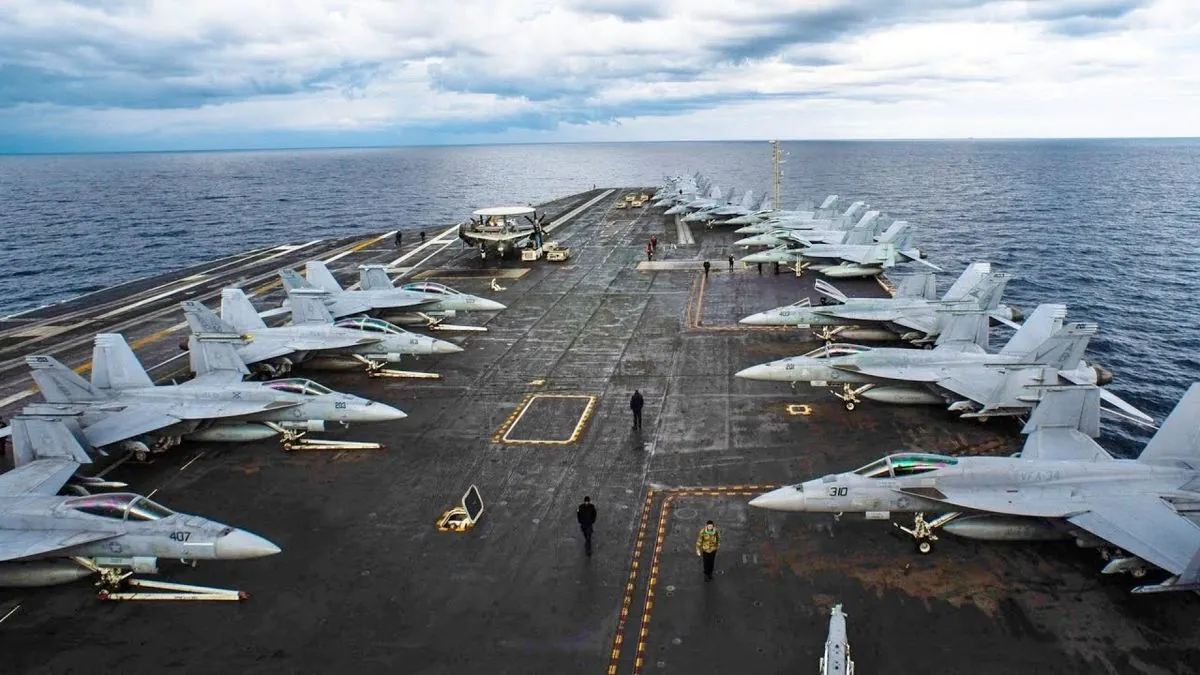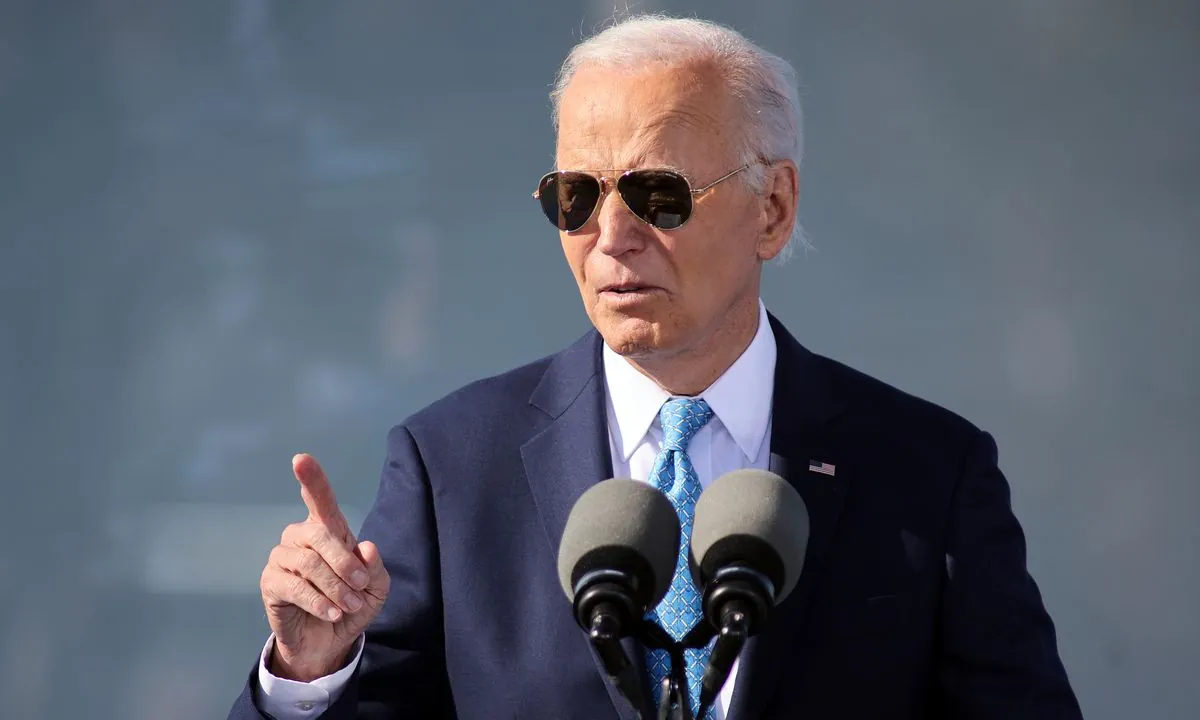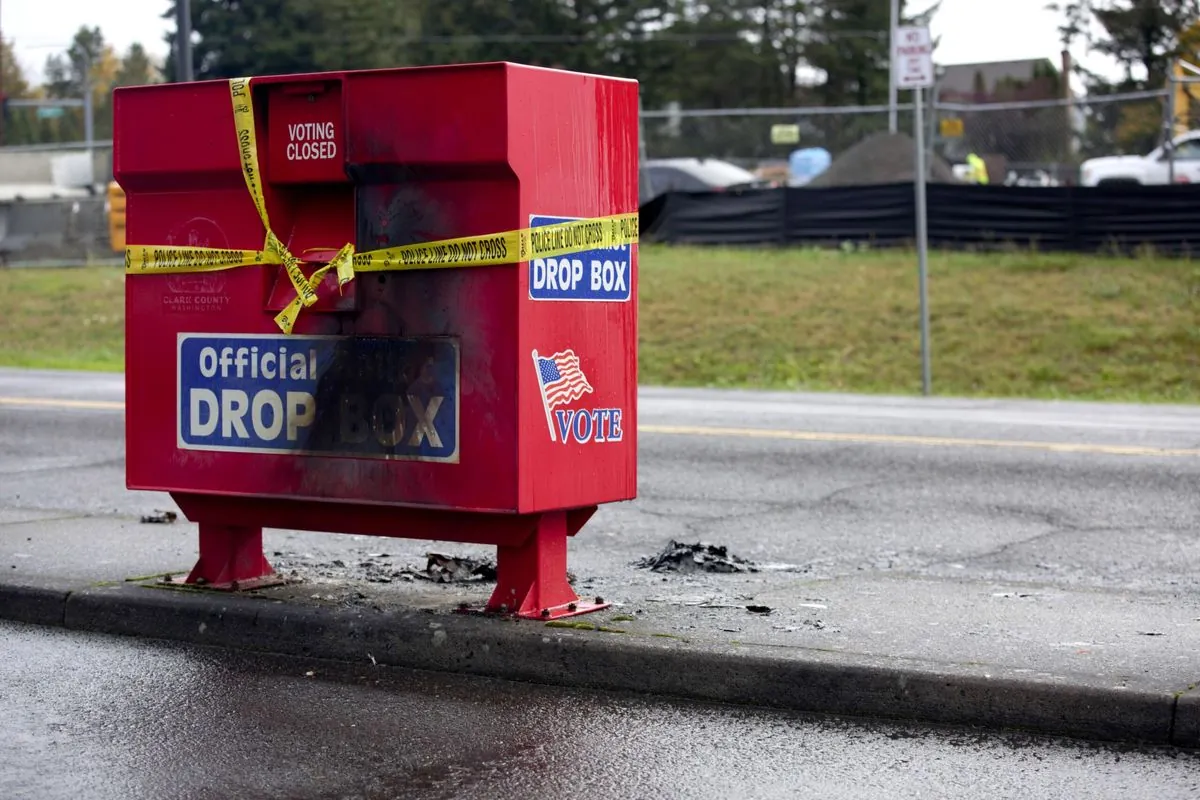US-Mediated Gaza Peace Talks Face Challenges Amid Regional Tensions
Critical negotiations for Gaza peace begin in Doha, with the US relying on Israel and Hamas cooperation. Tensions rise after recent assassinations, complicating efforts to end the 10-month conflict.
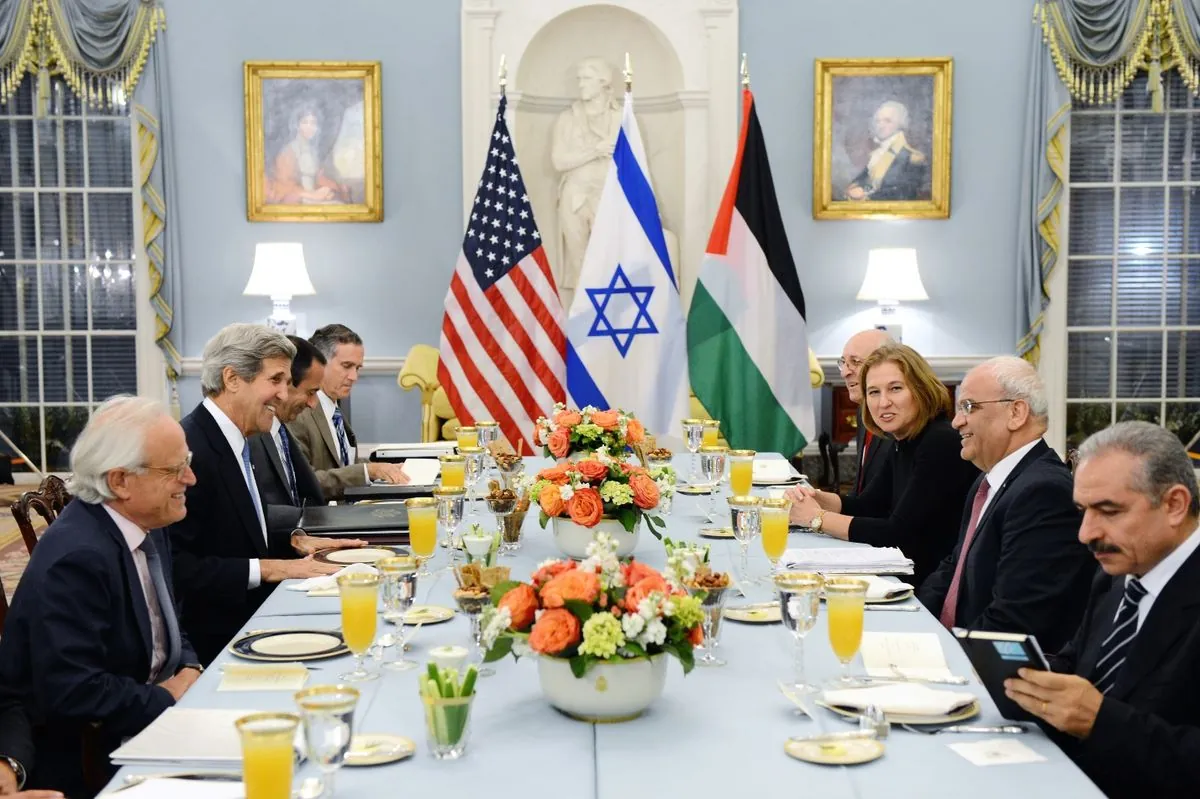
As critical negotiations aimed at ending the Gaza conflict commence in Doha, the United States finds itself in a precarious position. The talks, scheduled for August 14, 2024, represent a crucial juncture in the 10-month-long war that has devastated the region.
The US is relying on the cooperation of Israel and Hamas, two parties that have resisted a deal for months. There are concerns that a failure in these negotiations could potentially trigger an Iranian attack, risking a wider regional conflict.
Benjamin Netanyahu, Israel's Prime Minister, faces pressure from his far-right cabinet to reject what they term a "surrender deal". Critics, including some hostage families, accuse him of prolonging the war for political gain. On the other hand, Hamas has expressed frustration with the talks, with Ghazi Hamad, a member of their negotiating team, stating that the group will not attend the Thursday meeting.
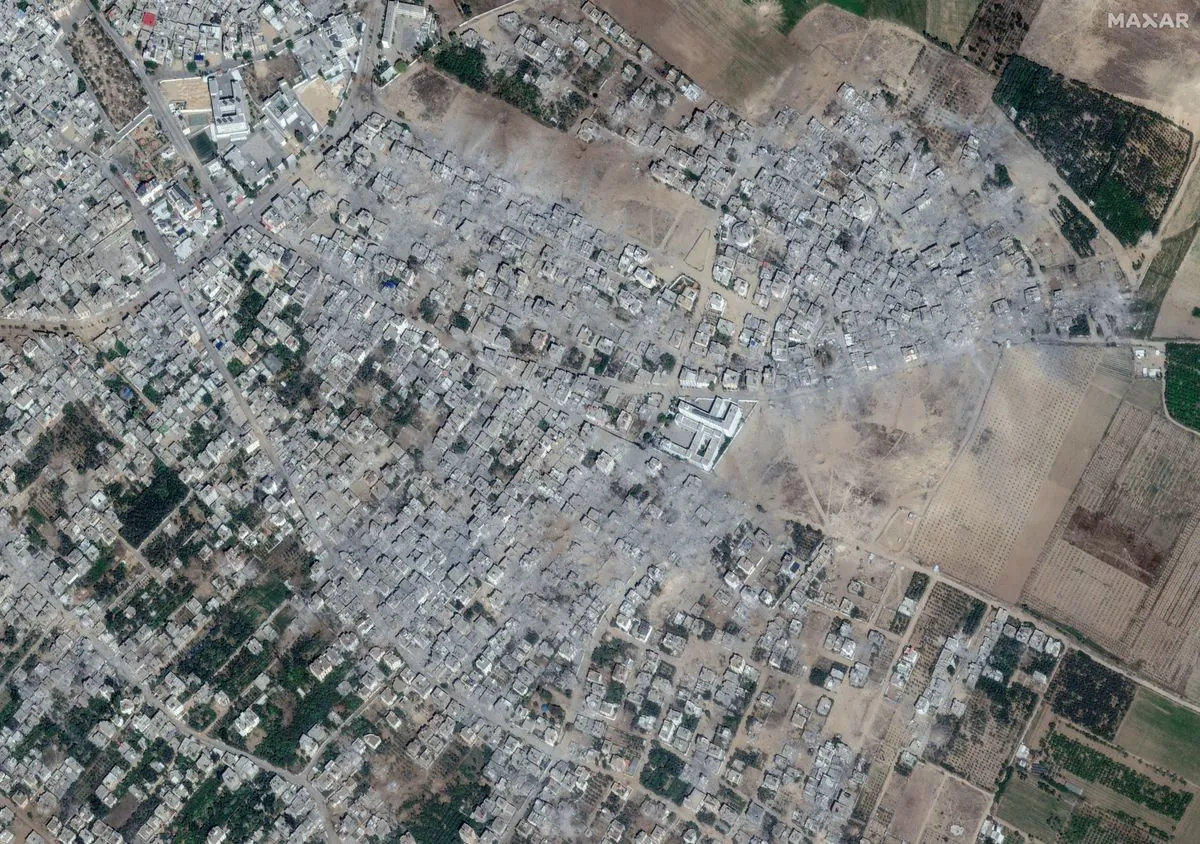
The Gaza Strip, one of the world's most densely populated areas, has been under an Israeli-Egyptian blockade since 2007. This latest conflict has exacerbated the already dire humanitarian situation in the region.
The assassination of Ismael Haniyeh, a key Hamas leader, and Fuad Shukr, a top Hezbollah commander, has further complicated the situation. These killings have heightened tensions and prompted threats of retaliation from Iran and Hezbollah.
In response to these threats, the US Navy has deployed additional vessels to the eastern Mediterranean Sea. This fleet includes F-22 Raptors, naval cruisers, destroyers, and the USS Abraham Lincoln aircraft carrier, one of the largest warships in the world.
The Biden administration has called for an end to delays in negotiations while simultaneously approving new weapons sales to Israel. This includes approximately $20 billion in new weapons and $3.5 billion for Israel to spend on US military equipment.
"The trajectory of this crisis and future of this region now rests in hands of Iran; Hezbollah; Sinwar and Benjamin Netanyahu. It's as a depressing thought as one might imagine."
Internal disagreements within Israel have also surfaced. Yoav Gallant, the Defense Minister, has criticized Netanyahu's goal of "total victory" over Hamas as unrealistic, highlighting the urgency of a hostage deal.
The success of these negotiations could have far-reaching implications. President Biden has expressed hope that a Gaza cease-fire deal might convince Iran to refrain from retaliating against Israel, potentially de-escalating regional tensions.
As the world watches, the outcome of the Doha talks could shape the future of the Middle East. With the involvement of key players like the CIA, Mossad, and Shin Bet, these negotiations represent a critical moment in the long-standing Israeli-Palestinian conflict.






























